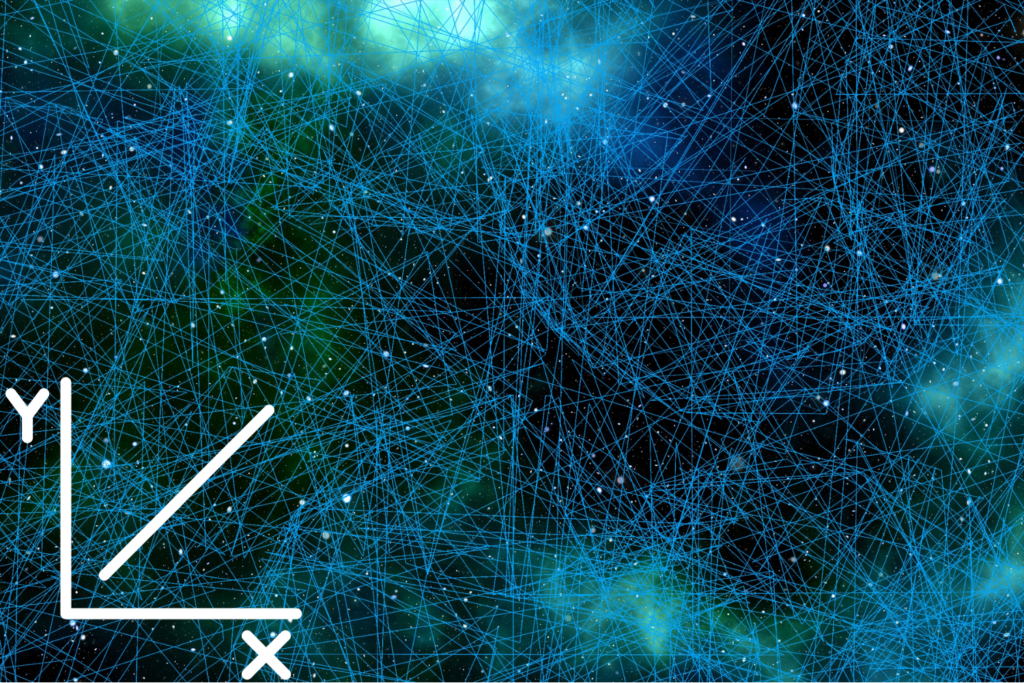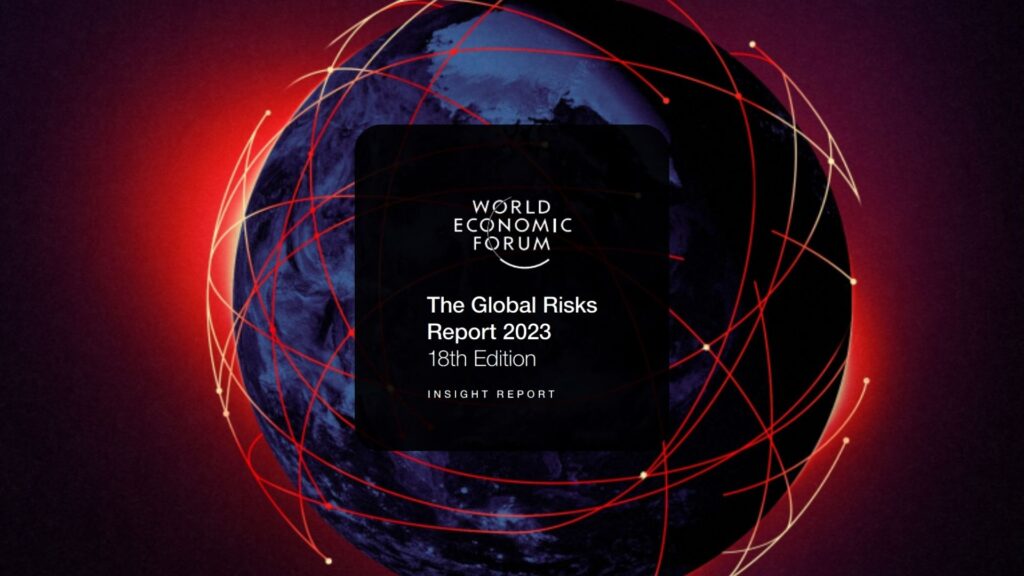Investing in the Age of Polycrisis
This article by the Head of Multi-Asset Funds proposes that the UK economy and global equities are potential losers of the polycrisis, while equities in healthcare, energy, and raw materials may be poised as winners, where polycrisis has spurred innovation and demand. It then considers the uncertain prospects for Japan’s monetary policy and its zero-inflation […]
Investing in the Age of Polycrisis Read More »







